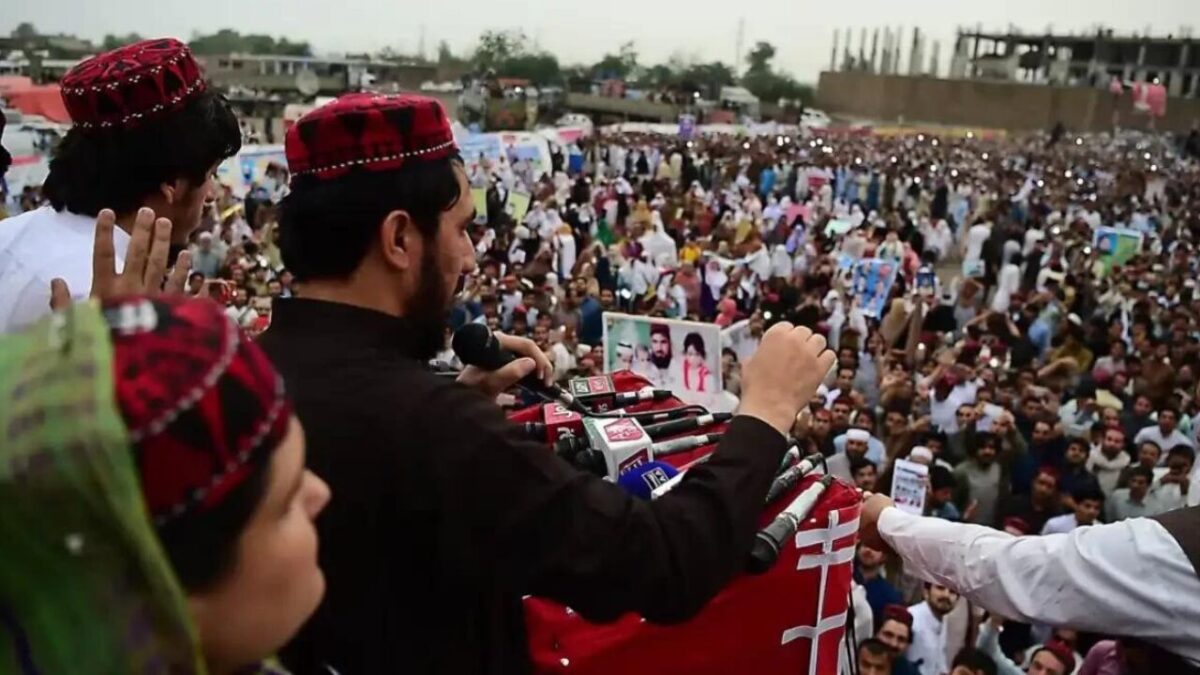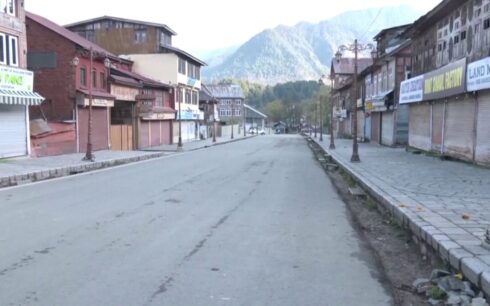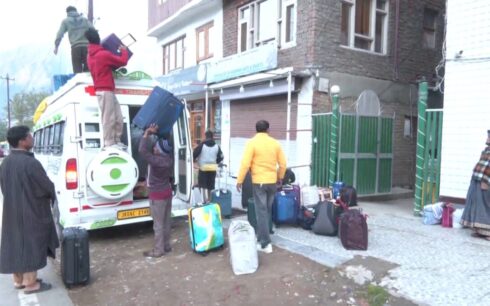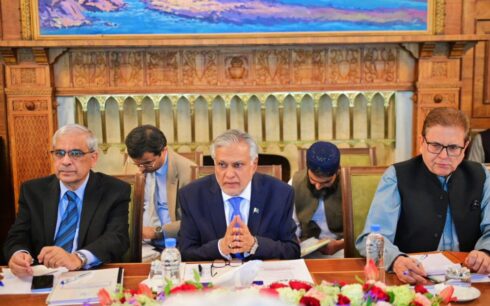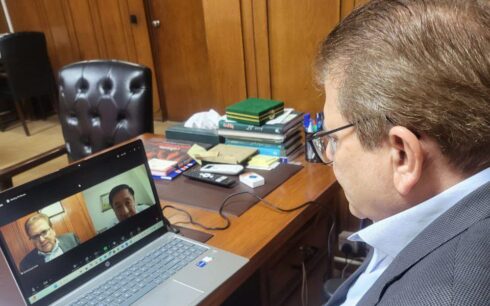Pakistan’s Interior Ministry announced on Sunday that it has banned the Pashtun Tahafuz Movement (PTM) nationwide, citing the group’s promotion of “anti-national narratives,” causing “chaos,” and posing a “threat to peace and security.”
According to Pakistani media, the ministry’s statement emphasized that the decision was made to maintain national order and protect the country’s stability.
The PTM, initially known as the Mehsud Protection Movement, was founded in May 2014 by eight students in Dera Ismail Khan. The group originally focused on removing landmines from Waziristan and other tribal areas heavily affected by conflict in northwest Pakistan.
The movement gained widespread recognition in July 2018, when it launched a justice campaign for Naqeebullah Mehsud, who was unlawfully killed by a police officer in Karachi.
The ban, as reported by Pakistani outlets, was enacted under the country’s 1997 Anti-Terrorism Act.
The PTM is a civil rights coalition advocating for the rights of residents in Pakistan’s tribal regions. Its key demands include ending extrajudicial killings, enforced disappearances, and unlawful detentions. The movement has consistently called for accountability through a legal and truth-seeking framework.
Some members of the PTM have condemned the government’s decision, calling it discriminatory against Pashtuns.

